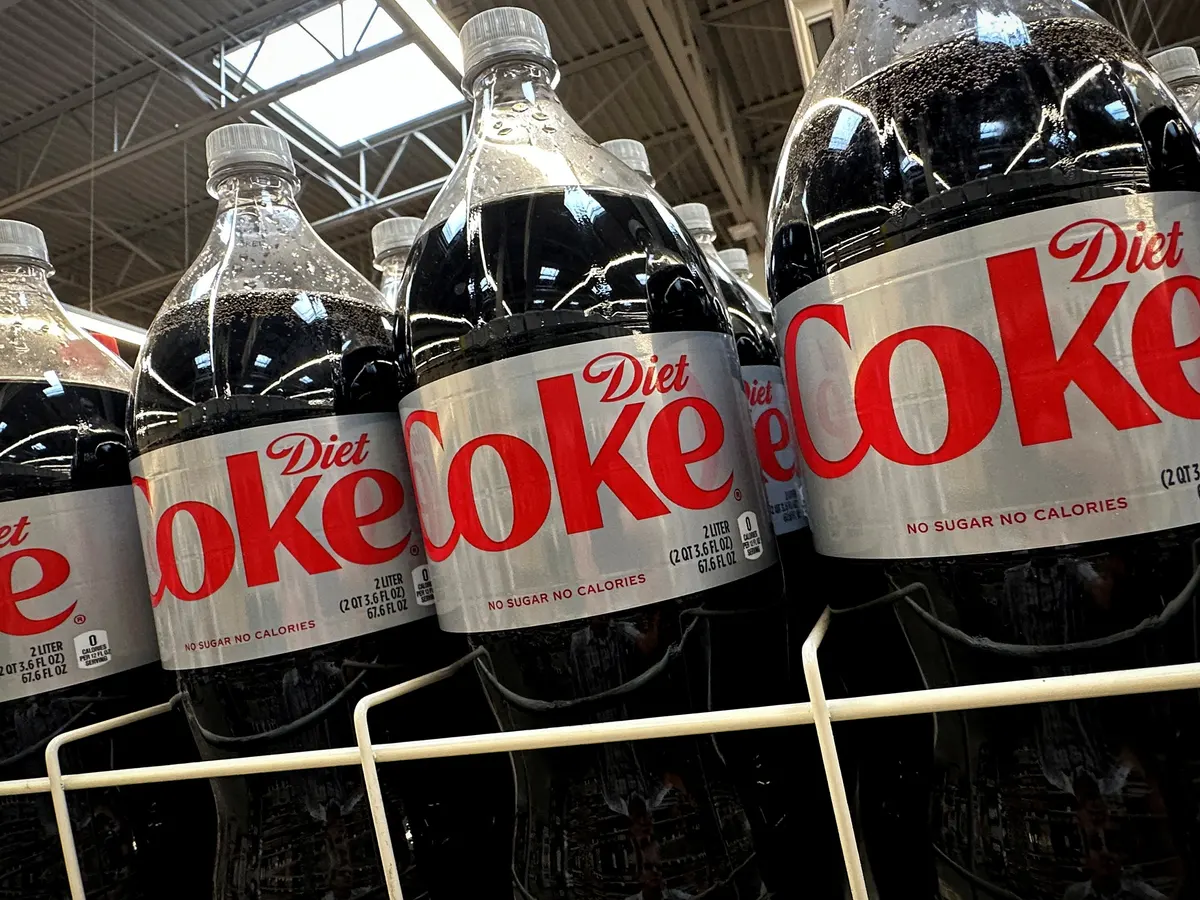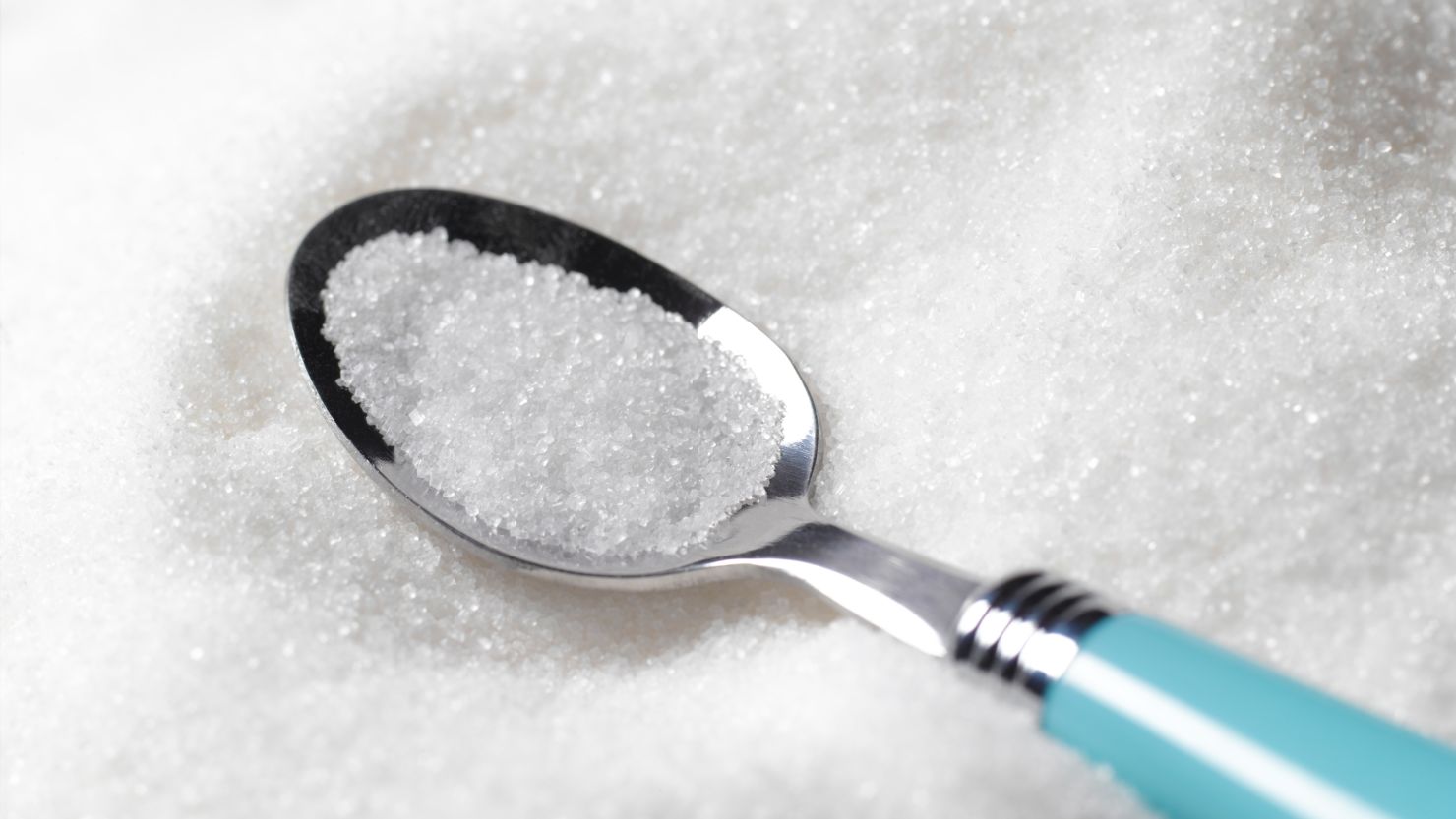The recent announcement by a World Health Organization (WHO) agency regarding the artificial sweetener aspartame has sparked concerns about its safety, especially among consumers of low-calorie products like Diet Coke, Trident gum, and sugar-free Jell-O.
The WHO’s International Agency for Research on Cancer (IARC) classified aspartame as “possibly carcinogenic to humans,” despite its widespread use since the 1980s under brand names such as NutraSweet and Equal.
Dr. Francesco Branca, speaking at a Geneva news conference, clarified that the concern was primarily for “high consumers” of diet soda and similar products, and emphasized that IARC’s classification was a signal for further research rather than a definitive statement on aspartame’s cancer risk.
Dr. Mary Schubauer-Berigan from IARC stressed that the classification did not imply a known cancer hazard from consuming aspartame.
Contrary to IARC’s classification, the Joint FAO/WHO Expert Committee on Food Additives (JECFA) maintained that the acceptable daily intake of aspartame remains unchanged.
According to JECFA, an adult weighing 154 pounds would need to consume nine to 14 cans of a diet soft drink containing 200 or 300 mg of aspartame to exceed the recommended limit.
The U.S. Food and Drug Administration (FDA) acknowledged both IARC and JECFA’s conclusions but clarified that this does not establish a direct link between aspartame and cancer.

The WHO uses a tiered classification system, placing aspartame in the category of “possibly carcinogenic,” which includes substances like certain vehicle fuels and chemicals used in various industries.
Marjorie McCullough from the American Cancer Society emphasized the need for more research to conclusively determine any potential link between aspartame and cancer.
Dr. Daniele Wikoff, a toxicologist at ToxStrategies involved in aspartame studies commissioned by the American Beverage Association, echoed that the body of evidence overwhelmingly supports the safety of aspartame.
Kevin Keane, interim CEO of the American Beverage Association, expressed disappointment over the confusion caused by IARC’s classification, pointing out that numerous food safety agencies globally, including the FDA, have affirmed the safety of aspartame.
Despite concerns raised by experts like Dr. Dariush Mozaffarian from Tufts University about the adequacy of research into aspartame’s effects, particularly in large-scale studies, many agree that for those who consume sugary sodas, switching to diet versions remains a better choice.
Dr. Frank Hu from Harvard School of Public Health highlighted challenges in studying rare cancers like liver cancer, which was specifically noted by WHO in relation to aspartame.
As the debate continues, experts stress the importance of balanced consumption and further research to clarify any potential risks associated with aspartame in various food and beverage products.
